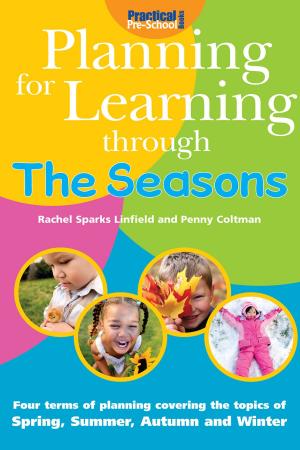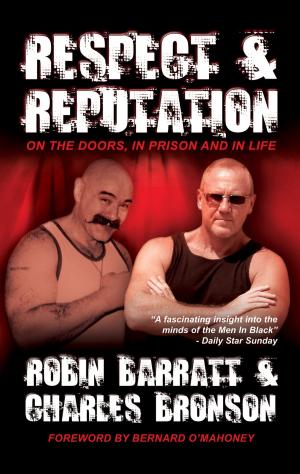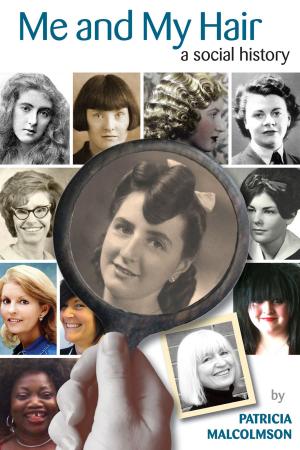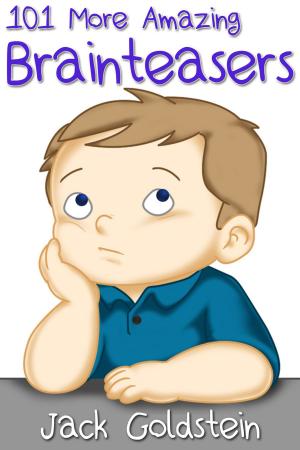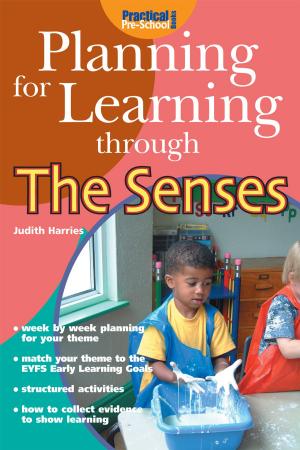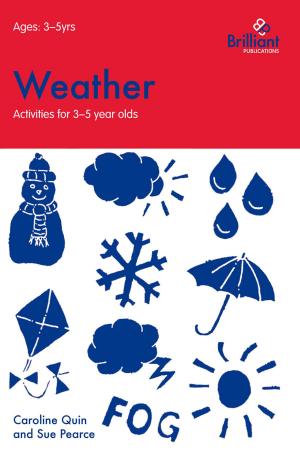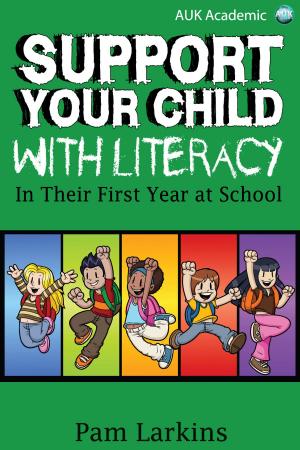That's Racist!
How the Regulation of Speech and Thought Divides Us All
Nonfiction, Social & Cultural Studies, Political Science, Politics, Civil Rights, Social Science, Discrimination & Race Relations| Author: | Adrian Hart | ISBN: | 9781845407865 |
| Publisher: | Andrews UK | Publication: | December 9, 2014 |
| Imprint: | Imprint Academic | Language: | English |
| Author: | Adrian Hart |
| ISBN: | 9781845407865 |
| Publisher: | Andrews UK |
| Publication: | December 9, 2014 |
| Imprint: | Imprint Academic |
| Language: | English |
Twenty-first century British kids are more comfortable with ethnic diversity than ever before. The 'mixed race' population is rising exponentially. In school playgrounds across Britain, kids are inventing a version of colour-blind, multi-ethnic interaction that should teach the adult world a thing or two - not least about the amazing, superdiverse generation that is to come.And yet, for over a decade, playgrounds and classrooms have endured unprecedented interference in the form of official racist-incident reporting, training on the importance of racial etiquette, and the reinforcement of racial identities. Such interference is viewed by modern day anti-racists as a necessary bulwark against the creeping influence of the far-right, 'Islamophobia', and more generally the supposed covert racism of the wider population. Many official policy documents written under the influence of this approach insist a failure to tackle racist behaviour at the earliest age will allow racism to incubate and grow. Here, 'racism' is something defined by the notion of what constitutes hate speech or wounding words. Often it can be detected from an entirely innocent phrase, so long as the phrase is perceived by the offence-taker or another party or policy as 'racist'.This mindset has, in recent years, permeated public discourse on the subject. Evidence of racism - such as a gaffe by a politician or celebrity, or a footballer's on-pitch insult - is always 'the tip of iceberg' (the moment that racist society breaks the surface and is revealed to all). The idea of a hidden mass of racists in our midst explains the advent of a racism-watch approach that turns up the attenuator and trawls the nooks and crannies of everyday life for tell-tale signs. Moreover, PC anti-racism synthesises many of today's worst cultural trends: the erosion of free speech and of adult moral authority; the elevation of victimhood and of identity politics (particularly the reinstatement of racial identity); the misanthropic view of rotten, vulnerable humanity (where the state becomes purifier); the cult of child protection and the emergence of a degraded and vulgar conception of child development.It is with some irony, then, that modern day anti-racism can be argued as having taken over from old-fashioned racism as the dominant racialising force in British society.
Twenty-first century British kids are more comfortable with ethnic diversity than ever before. The 'mixed race' population is rising exponentially. In school playgrounds across Britain, kids are inventing a version of colour-blind, multi-ethnic interaction that should teach the adult world a thing or two - not least about the amazing, superdiverse generation that is to come.And yet, for over a decade, playgrounds and classrooms have endured unprecedented interference in the form of official racist-incident reporting, training on the importance of racial etiquette, and the reinforcement of racial identities. Such interference is viewed by modern day anti-racists as a necessary bulwark against the creeping influence of the far-right, 'Islamophobia', and more generally the supposed covert racism of the wider population. Many official policy documents written under the influence of this approach insist a failure to tackle racist behaviour at the earliest age will allow racism to incubate and grow. Here, 'racism' is something defined by the notion of what constitutes hate speech or wounding words. Often it can be detected from an entirely innocent phrase, so long as the phrase is perceived by the offence-taker or another party or policy as 'racist'.This mindset has, in recent years, permeated public discourse on the subject. Evidence of racism - such as a gaffe by a politician or celebrity, or a footballer's on-pitch insult - is always 'the tip of iceberg' (the moment that racist society breaks the surface and is revealed to all). The idea of a hidden mass of racists in our midst explains the advent of a racism-watch approach that turns up the attenuator and trawls the nooks and crannies of everyday life for tell-tale signs. Moreover, PC anti-racism synthesises many of today's worst cultural trends: the erosion of free speech and of adult moral authority; the elevation of victimhood and of identity politics (particularly the reinstatement of racial identity); the misanthropic view of rotten, vulnerable humanity (where the state becomes purifier); the cult of child protection and the emergence of a degraded and vulgar conception of child development.It is with some irony, then, that modern day anti-racism can be argued as having taken over from old-fashioned racism as the dominant racialising force in British society.



